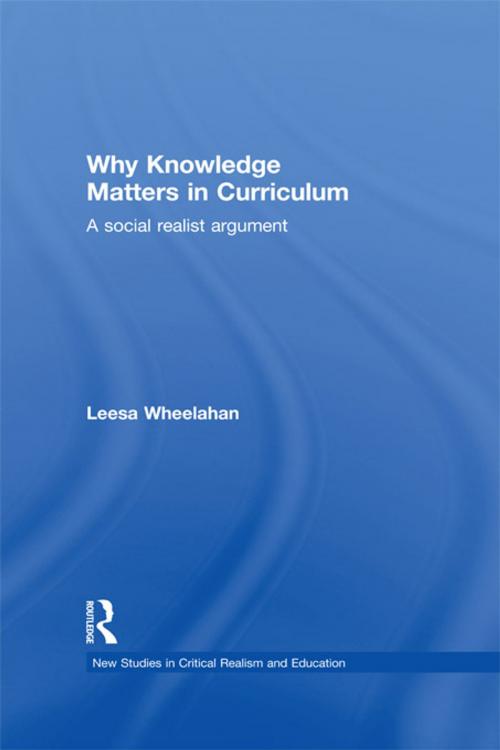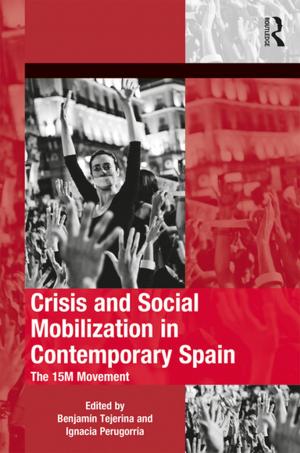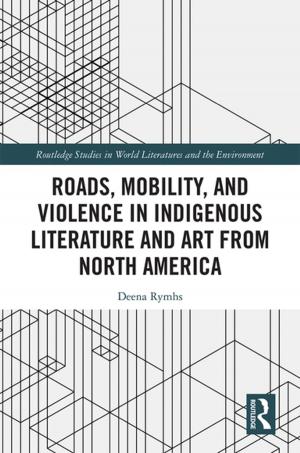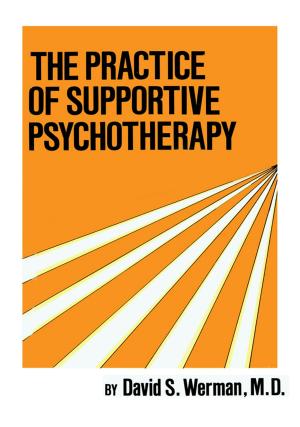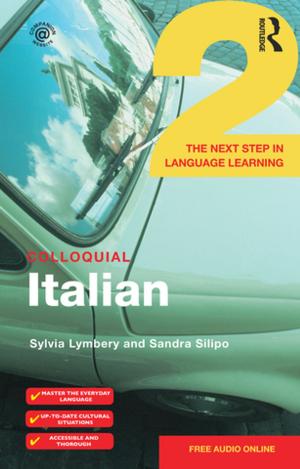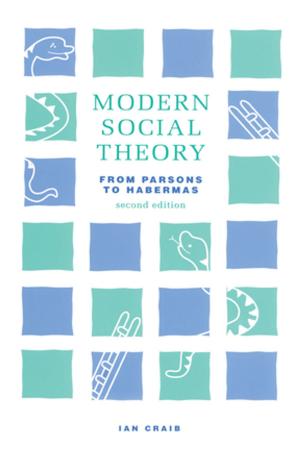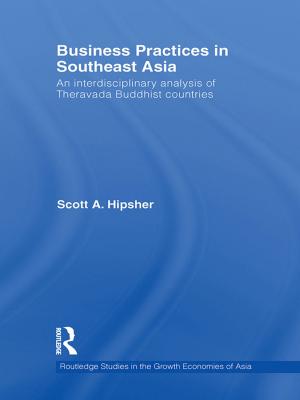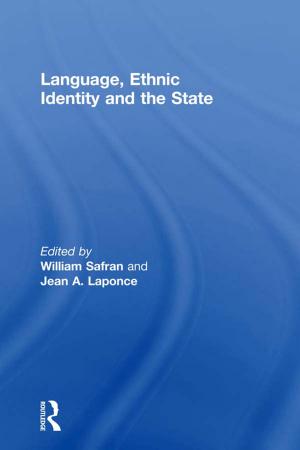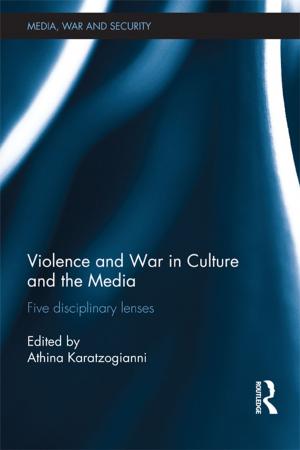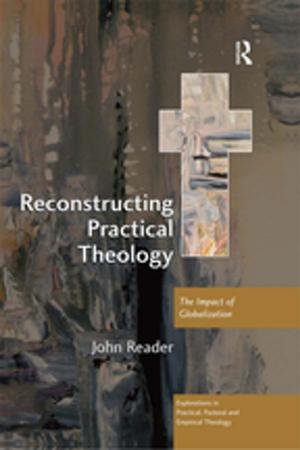Why Knowledge Matters in Curriculum
A Social Realist Argument
Nonfiction, Social & Cultural Studies, Social Science, Sociology| Author: | Leesa Wheelahan | ISBN: | 9781135272944 |
| Publisher: | Taylor and Francis | Publication: | July 26, 2012 |
| Imprint: | Routledge | Language: | English |
| Author: | Leesa Wheelahan |
| ISBN: | 9781135272944 |
| Publisher: | Taylor and Francis |
| Publication: | July 26, 2012 |
| Imprint: | Routledge |
| Language: | English |
What should we teach in our schools and vocational education and higher education institutions? Is theoretical knowledge still important?
This book argues that providing students with access to knowledge should be the raison d’être of education. Its premise is that access to knowledge is an issue of social justice because society uses it to conduct its debates and controversies.
Theoretical knowledge is increasingly marginalised in curriculum in all sectors of education, particularly in competency-based training which is the dominant curriculum model in vocational education in many countries. This book uses competency-based training to explore the negative consequences that arise when knowledge is displaced in curriculum in favour of a focus on workplace relevance.
The book takes a unique approach by using the sociology of Basil Bernstein and the philosophy of critical realism as complementary modes of theorising to extend and develop social realist arguments about the role of knowledge in curriculum. Both approaches are increasingly influential in education and the social sciences and the book will be helpful for those seeking an accessible introduction to these complex subjects.
Why Knowledge Matters in Curriculum is a key reading for those interested in the sociology of education, curriculum studies, work-based learning, vocational education, higher education, adult and community education, tertiary education policy and lifelong learning more broadly.
What should we teach in our schools and vocational education and higher education institutions? Is theoretical knowledge still important?
This book argues that providing students with access to knowledge should be the raison d’être of education. Its premise is that access to knowledge is an issue of social justice because society uses it to conduct its debates and controversies.
Theoretical knowledge is increasingly marginalised in curriculum in all sectors of education, particularly in competency-based training which is the dominant curriculum model in vocational education in many countries. This book uses competency-based training to explore the negative consequences that arise when knowledge is displaced in curriculum in favour of a focus on workplace relevance.
The book takes a unique approach by using the sociology of Basil Bernstein and the philosophy of critical realism as complementary modes of theorising to extend and develop social realist arguments about the role of knowledge in curriculum. Both approaches are increasingly influential in education and the social sciences and the book will be helpful for those seeking an accessible introduction to these complex subjects.
Why Knowledge Matters in Curriculum is a key reading for those interested in the sociology of education, curriculum studies, work-based learning, vocational education, higher education, adult and community education, tertiary education policy and lifelong learning more broadly.
